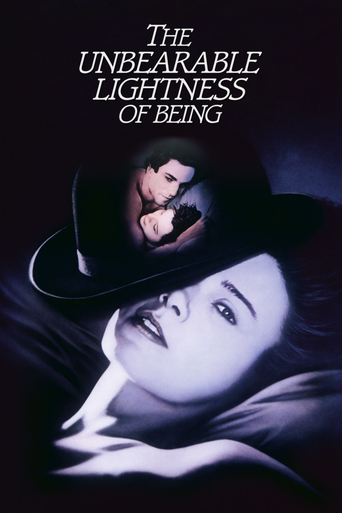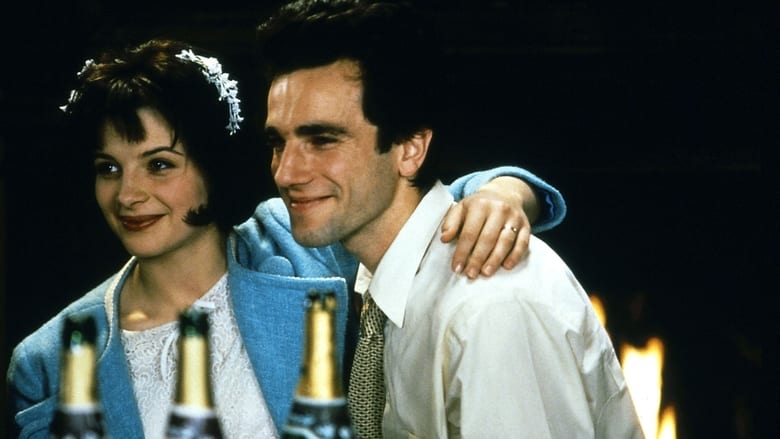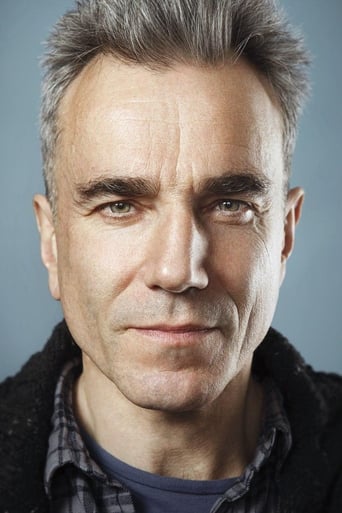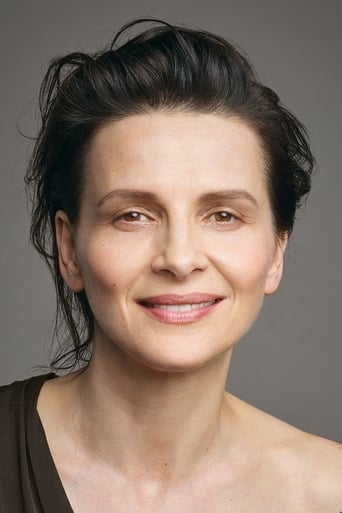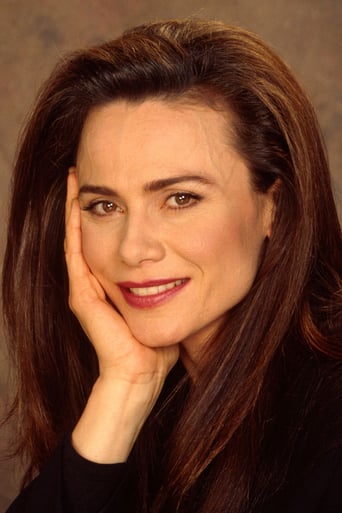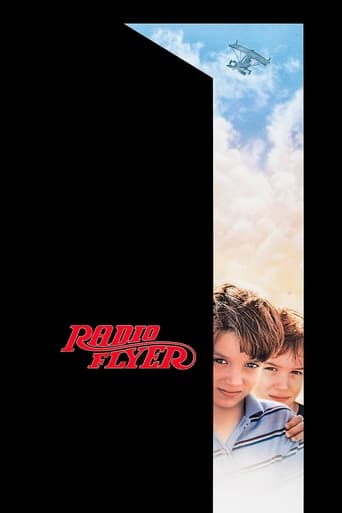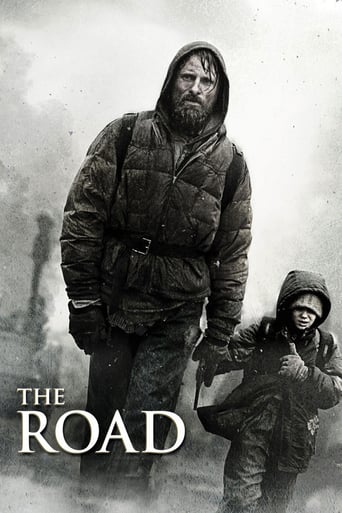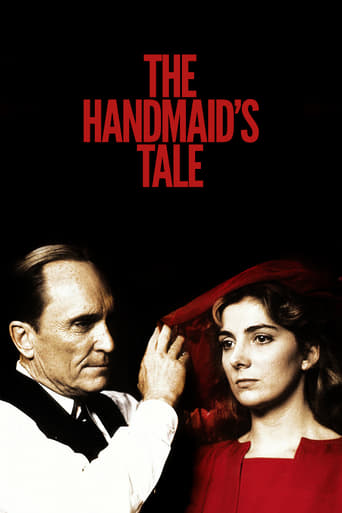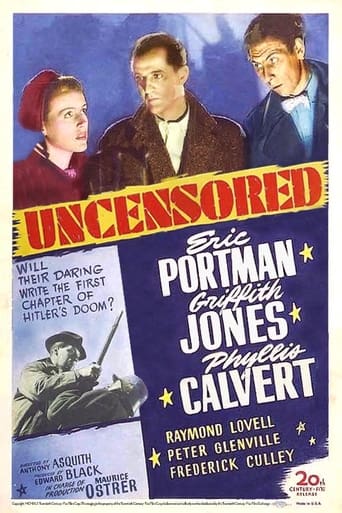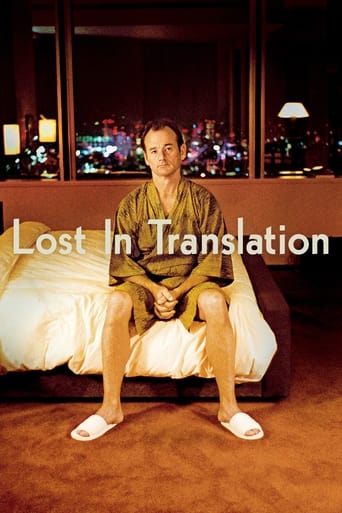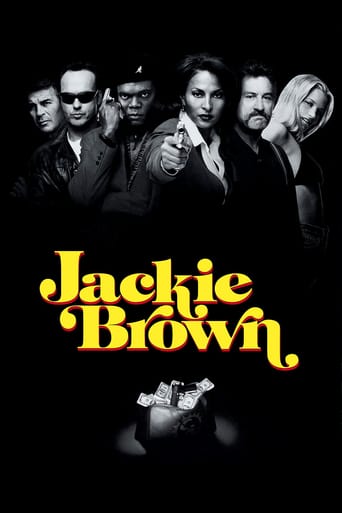The Unbearable Lightness of Being (1988)
Successful surgeon Tomas leaves Prague for an operation, meets a young photographer named Tereza, and brings her back with him. Tereza is surprised to learn that Tomas is already having an affair with the bohemian Sabina, but when the Soviet invasion occurs, all three flee to Switzerland. Sabina begins an affair, Tom continues womanizing, and Tereza, disgusted, returns to Czechoslovakia. Realizing his mistake, Tomas decides to chase after her.
Watch Trailer
Cast


Similar titles
Reviews
Memorable, crazy movie
There is, somehow, an interesting story here, as well as some good acting. There are also some good scenes
Like the great film, it's made with a great deal of visible affection both in front of and behind the camera.
Very good movie overall, highly recommended. Most of the negative reviews don't have any merit and are all pollitically based. Give this movie a chance at least, and it might give you a different perspective.
I can't tell you how many movies I've seen in which the principal characters wind up in bed together at the drop of a hat after just meeting each other. Tomas (Daniel Day-Lewis) by far had the most direct and uniquely creative approach - he asked women he was interested in to take off their clothes. And they did! Just like that. It's not a technique I've ever tried but I have my doubts that it's as simple as that. Maybe for Harvey Weinstein but look where it got him. The 'lightness' of the title was referenced a number of times in the picture and it referred to the way Tomas approached life and relationships with the opposite sex. To him, there was a 'lightness' that permeated his actions and thinking, never carrying things out to their ultimate conclusion. Whereas Tereza (Juliette Binoche) represented just the opposite, one might say the 'heavy' approach to dealing with potential romantic partners. That is, it had to mean something, and her recognition of Tomas's infidelity caused her much psychic harm - "But how can someone love without being in love?" This may be the age old question in the male/female dynamic, explored in this film as the married couple attempt to reconcile their relationship while in the midst of a corresponding affair with Tomas's worldly mistress Sabina (Lena Olin).Set against the backdrop of the Prague Spring of 1968, the political element didn't seem to be entirely necessary in the telling of the relationship story. However it did provide a measure of conflict for Tomas who was called upon to retract an earlier published piece taking the Soviet Communist regime to task for the way it dehumanized people and placed them under the thumb of an overreaching government. Notwithstanding the title of the picture, the film's resolution is anything but light in the sense that it spelled doom for the principal characters. It's perhaps the story's dramatic irony that Tomas and Tereza finally found their true happiness outside the confines of the city where they could be as free as possible to pursue life on their own terms, if only for a short while.
for the courage to adapt the Kundera novel. and for science to not be only an adaptation. for superb acting and for care to details - the black umbrellas is only an example. for delicate poetry of images and for inspired use of politic frame for reflect the nuances of lead characters. and for the message who, for a viewer from East Europe , has a fundamental sound. because is more than a story about choices, forms of love, fragility and need of the other, roots of freedom and pure joy in a dark universe. it is a perfect reflection to remember the web of past as embroidery of life crumbs. and admire the admirable manner of actors to give life to the characters shadows and lights.
I watched this movie on Korean TV, when I was about 16. It was dubbed into Korean, and I did not bother to try to understand it (English is my native language); actually I didn't even pay full attention to the video images, other than the sex scenes. Basically, it seemed to be about this (French?) poet-philosopher guy (Daniel Day Lewis), kinda crazy, who just goes around having sex with women. The sex scenes seemed pretty intense, with loud moans and shrieks by the women. The rest of the movie seemed boring with quaint European landscapes and historical cityscapes, the beauty of which a teenage boy shouldn't be expected to appreciate. Juliette Binoche was the guy's beautiful girlfriend or wife, who was always hurt by his womanizing but didn't divorce or break up with him (or did she in the end? I don't remember). I did not really understand the deep philosophy or message of the movie, if it had one.
This adaptation of the popular Kundera novel looks at the lives of a womanizing doctor and two women he becomes romantically involved with in 1968 Prague. The story is very simple. Although there is hardly any plot and the characters are one-dimensional, the film is dragged out to an ungodly three hours. Much of the time is wasted on mundane events lacking in drama or wit. Given the ample running time, it is especially surprising that there is no character development. Day-Lewis, Olin, and Binoche are good actors but they are not given much to work with here. The blame for this must go to Kaufman, who not only provided the lethargic direction but also co-wrote the lackluster screenplay.

